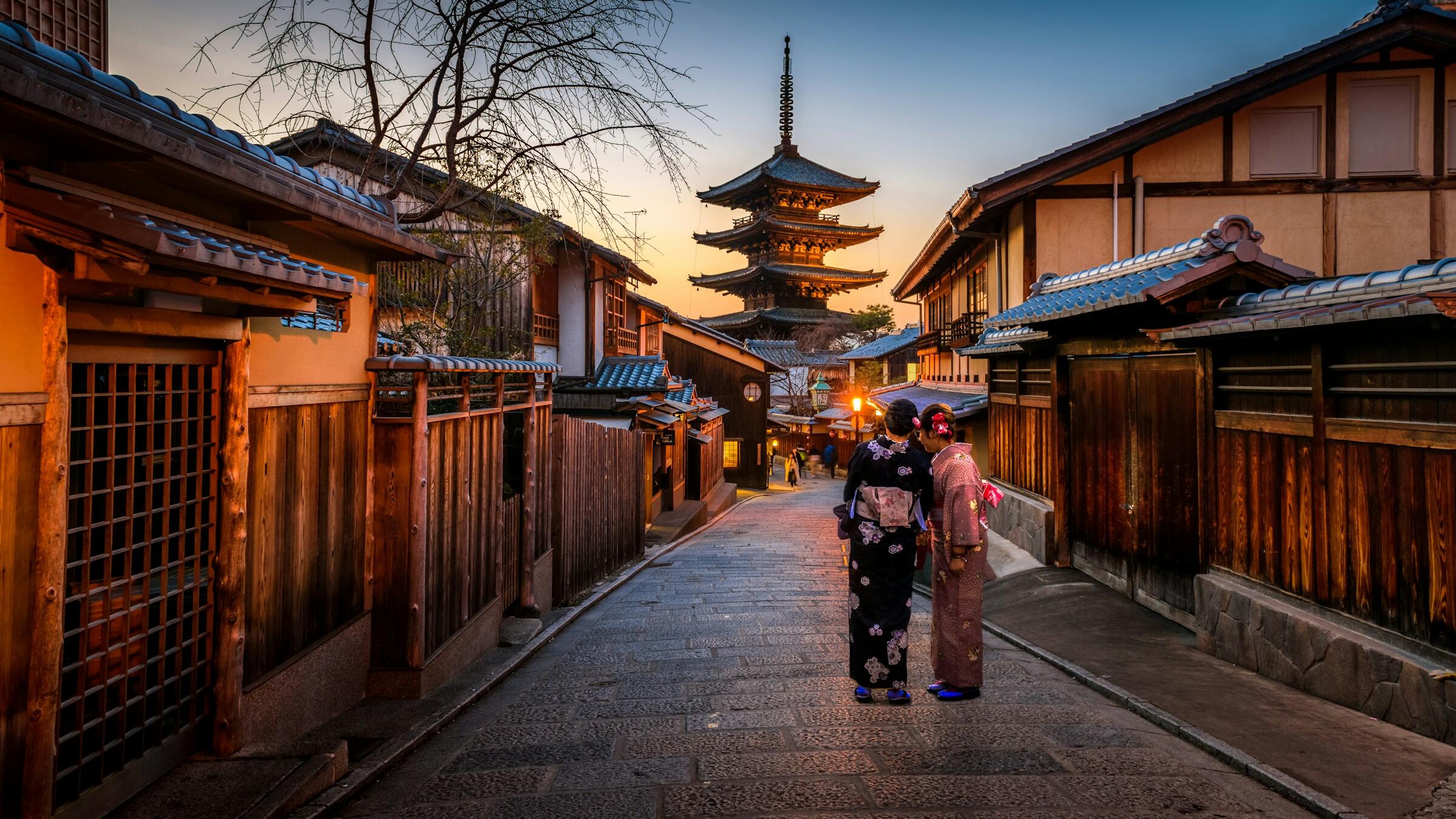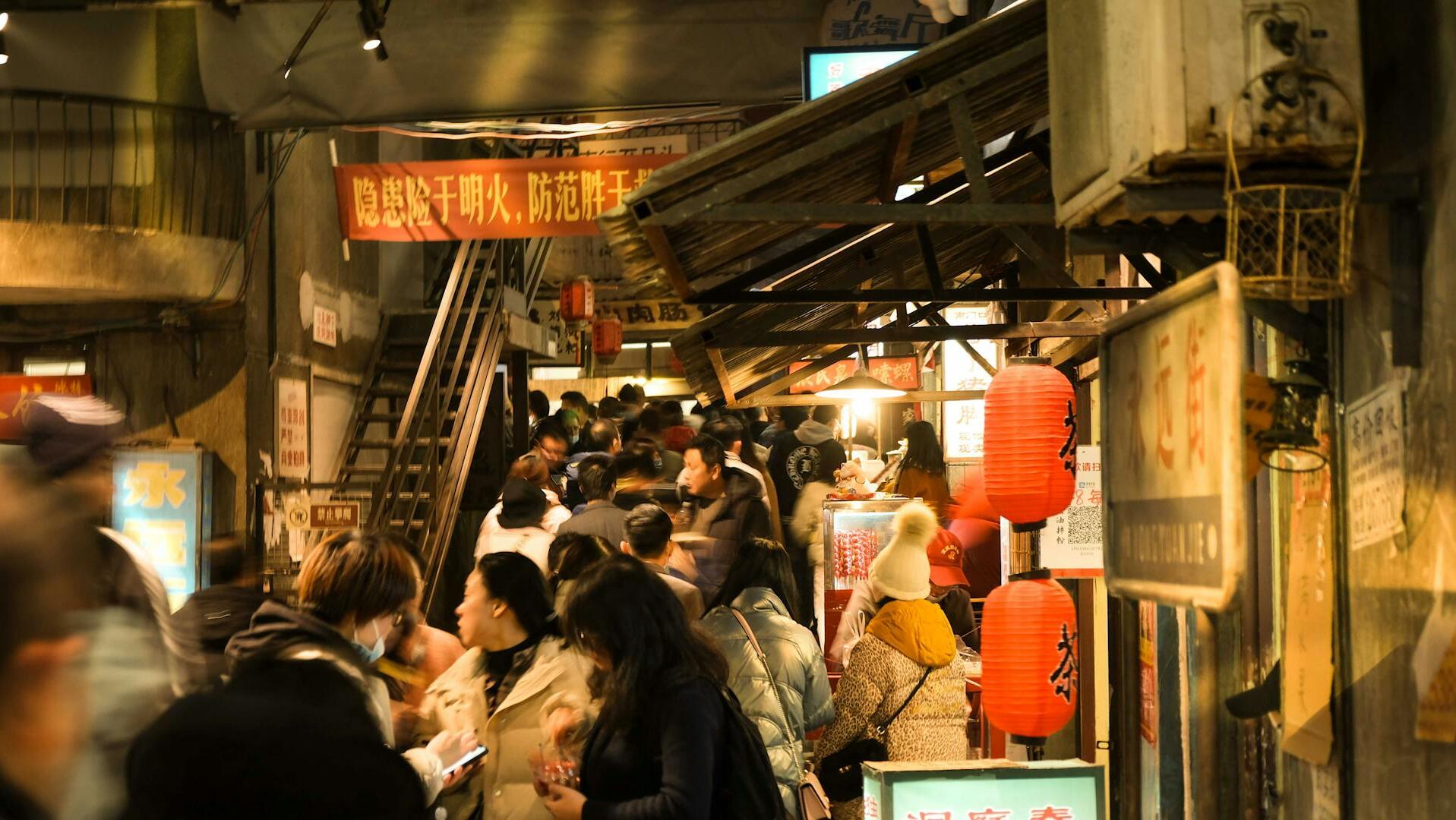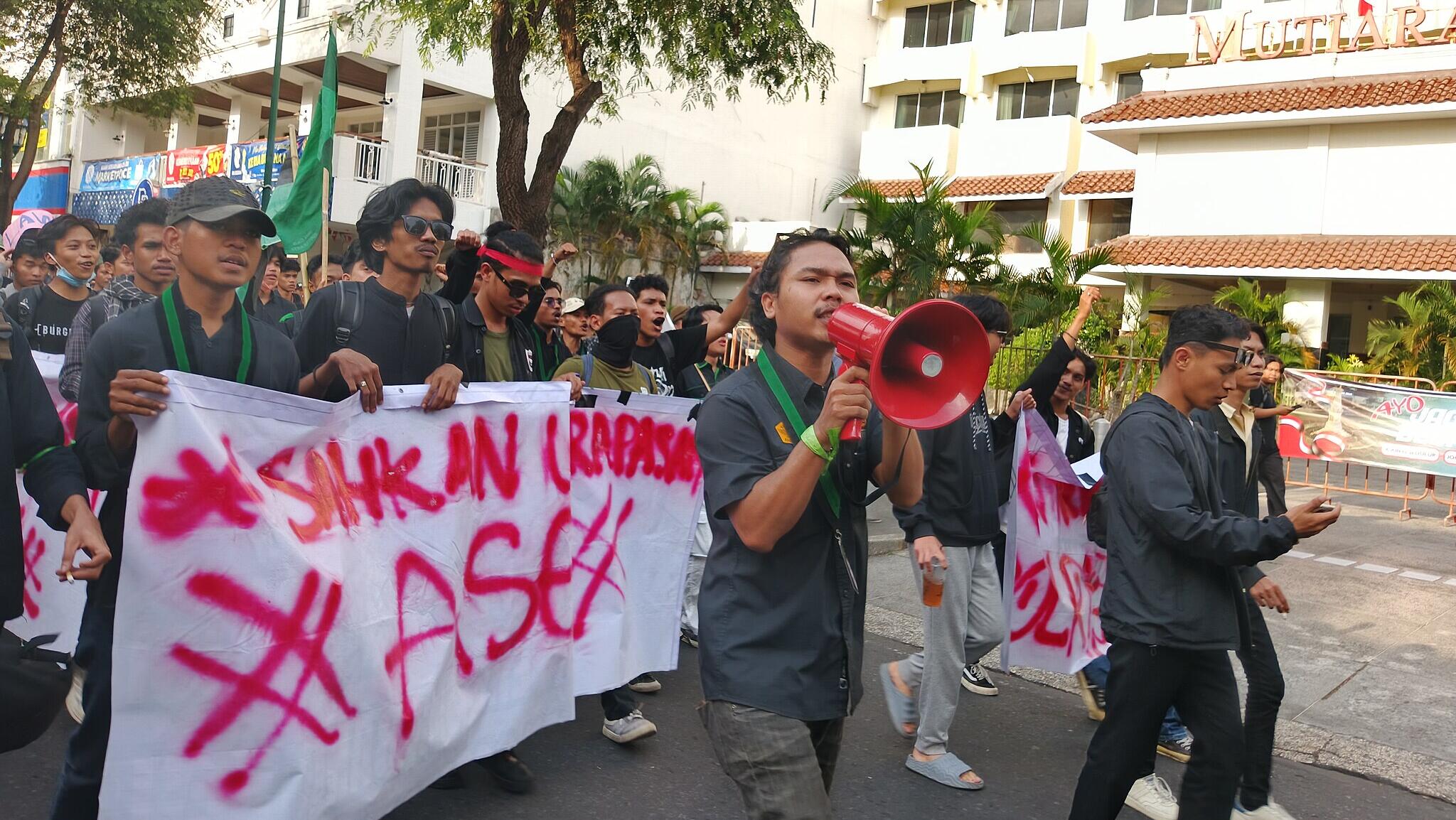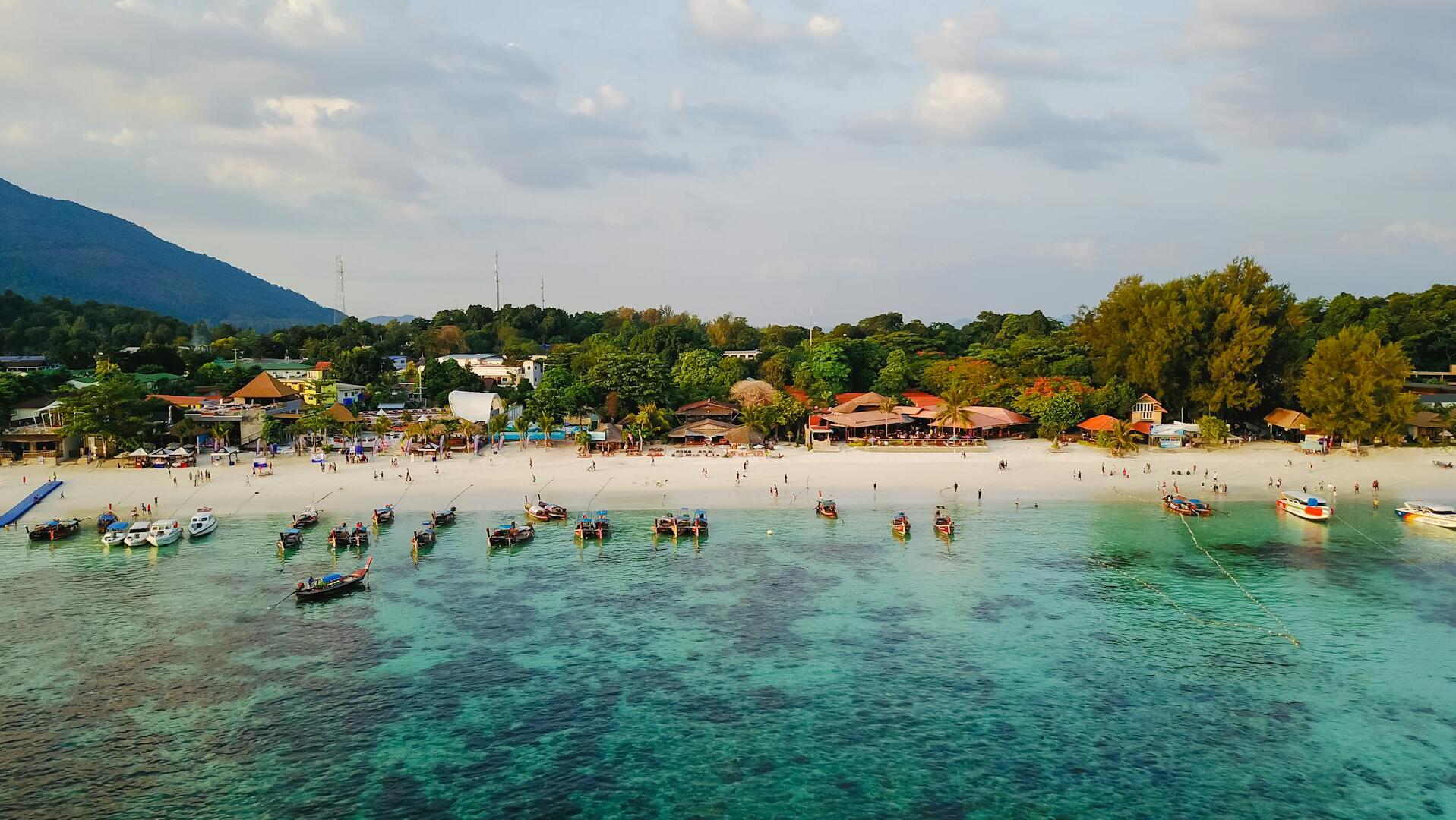
Travel to Japan is about to get more expensive

Travelling to Japan will become more expensive, as popular cities hike up accommodation taxes for visitors. Japan’s Ministry of Internal Affairs and Communications have confirmed that the new taxes will impact popular cities, like Kyoto as the city’s authorities struggle with surging tourist numbers. The increase is set to kick in from March 2026. Travellers could see price increases of as much as ¥10,000 (US$65.33 or A$100) per night following the updated taxes. The fee will scale in proportion to the room rate according to EuroNews. Rooms that cost under ¥19,999 (US$130.66) will be required to pay a ¥400 ($2.61) fee. Japanese newspaper, Asahi Shimbum, revealed that luxury stays above ¥100,000 ($653.32) will incur a maximum tax of ¥10,000 ($65.33). Accommodations below ¥6,000 ($39.19) will be responsible for paying a ¥200 ($1.31) fee. "The Accommodation Tax is used to cover costs involved in enhancing the attractions of Kyoto as an International Culture and Tourism City, and in promoting tourism," Kyoto's government wrote on its official website, which lists the old accommodation tax fees. Kyoto is best known for its temples and traditional architecture, with key attractions including the Sento Palace, Nis







